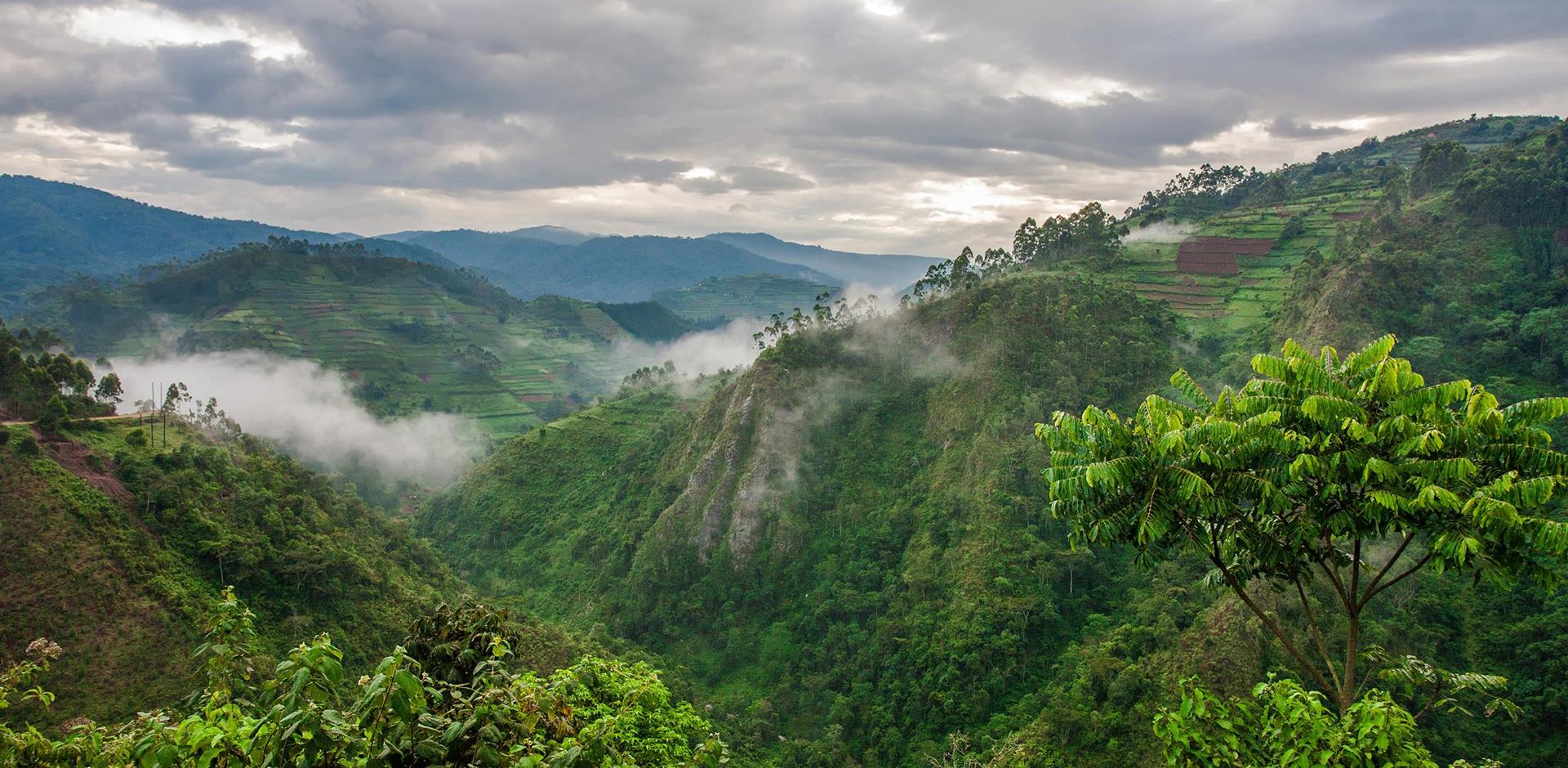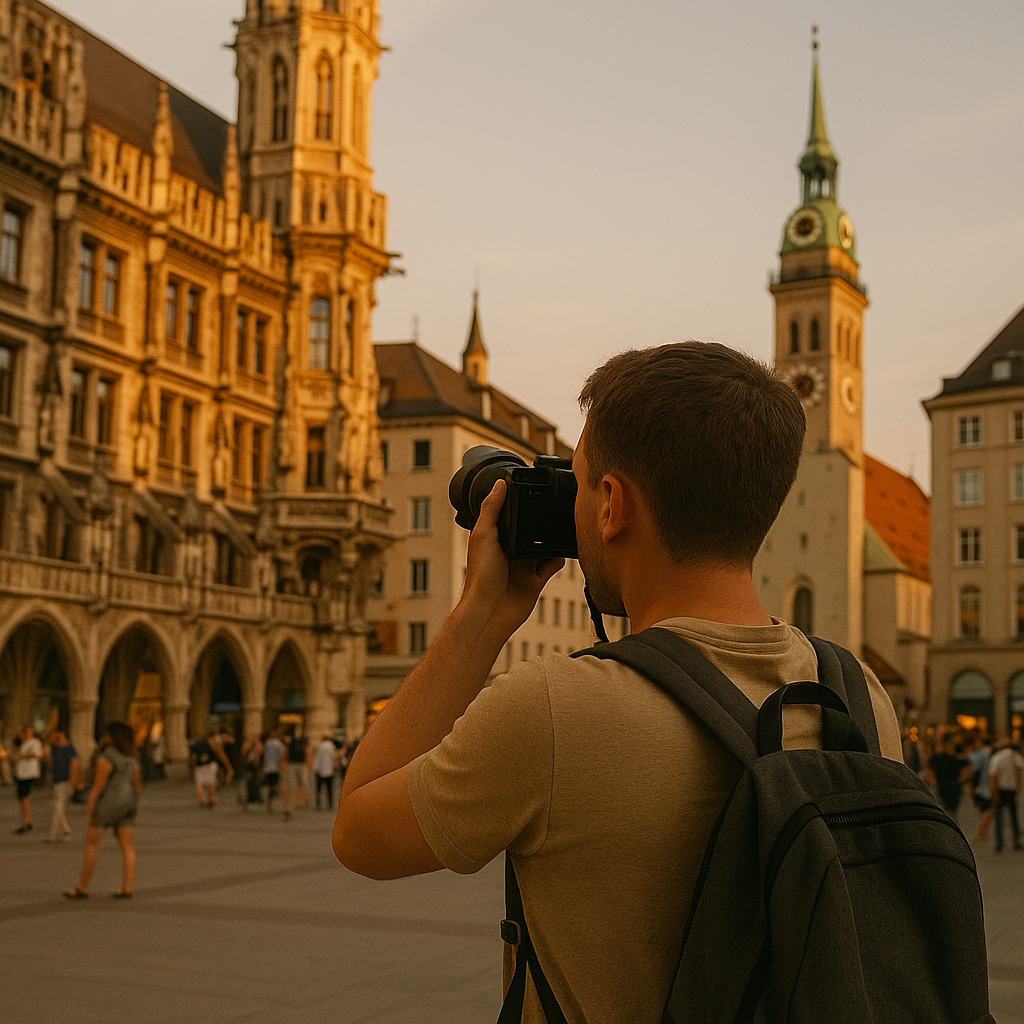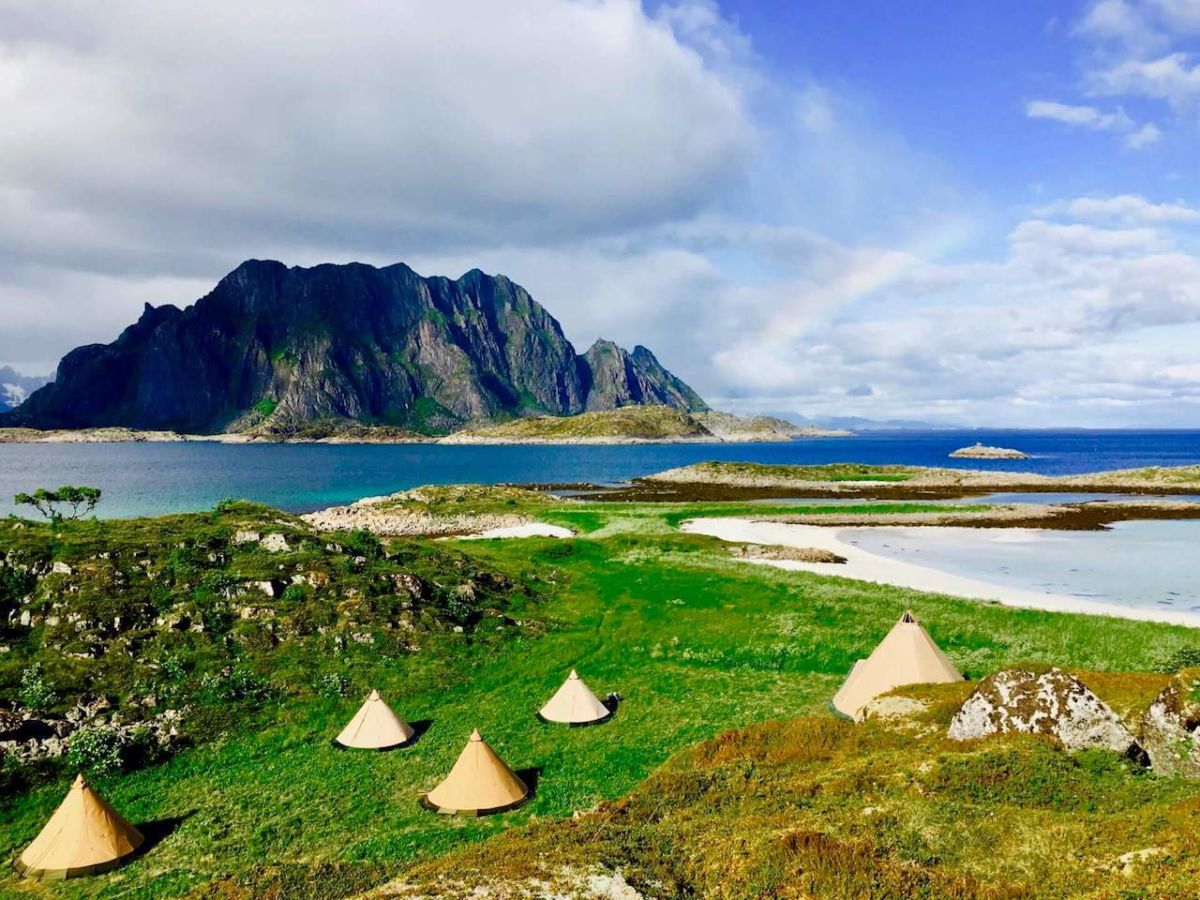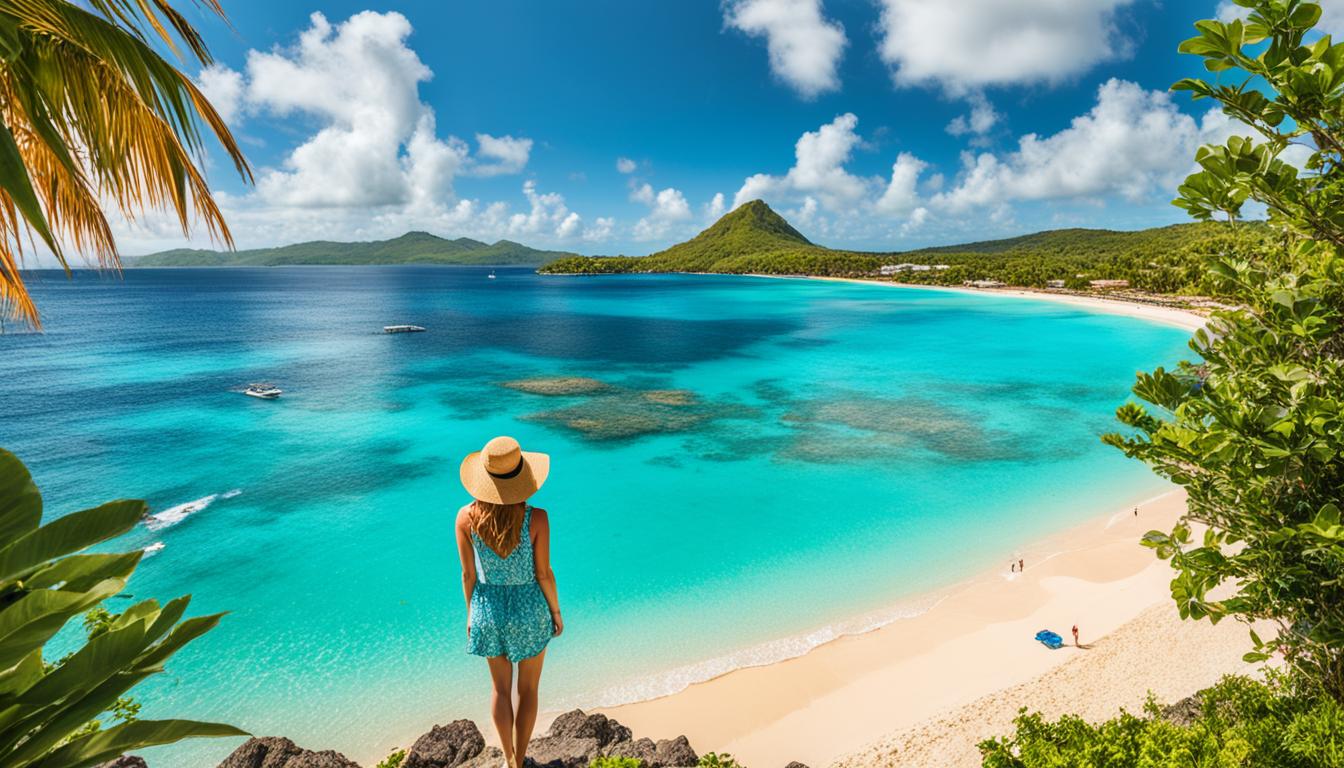Explore Safely with Rwanda Travel Advisory Tips
Imagine walking in deep green forests. You’re surrounded by amazing wildlife. The sun warms your skin. You’re in Rwanda, ready for adventure and to learn about a new culture.
Remember, safety comes first even in exciting places like Rwanda. There are tips to know before you go. This way, you can enjoy your trip worry-free.
Now, let’s talk about some important safety tips for your journey:
Traveling Requirements and Restrictions in Rwanda
Before heading to Rwanda, get to know the travel rules and needs now. This makes your travel smooth and easy.
Travel Documents
Heading to Rwanda means you must have a passport. It should be valid for six more months. Also, some visitors need a visa before they arrive. Check the Rwanda Directorate General of Immigration and Emigration for visa updates.
COVID-19 Protocols
Rwanda takes steps to stop COVID-19’s spread. You must have a negative PCR test within 72 hours of travel. You’ll take another test when you land and wait at your hotel for those results.
Keep up with any COVID-19 changes by visiting government websites or contacting officials.
Transportation Restrictions
Follow Rwanda’s travel limits, especially on how you move around. These rules affect buses, cars, and more. Knowing these rules makes your travel easier.
Health and Safety Guidelines
Your health and safety are key during your Rwanda trip. Get travel insurance that covers health and getting home fast. Stay up to date on health news and government advice.
Local Laws and Customs
Rwanda has its own laws and ways that you must follow and respect. Know the local customs, dress right, and show your respect. This makes your trip better and helps with meeting local people.
Obeying Rwanda’s travel rules and needs keeps you safe and happy. Stay informed, plan well, and be careful to enjoy your time in this amazing place.
Covid-19 Guidelines for Traveling to Rwanda
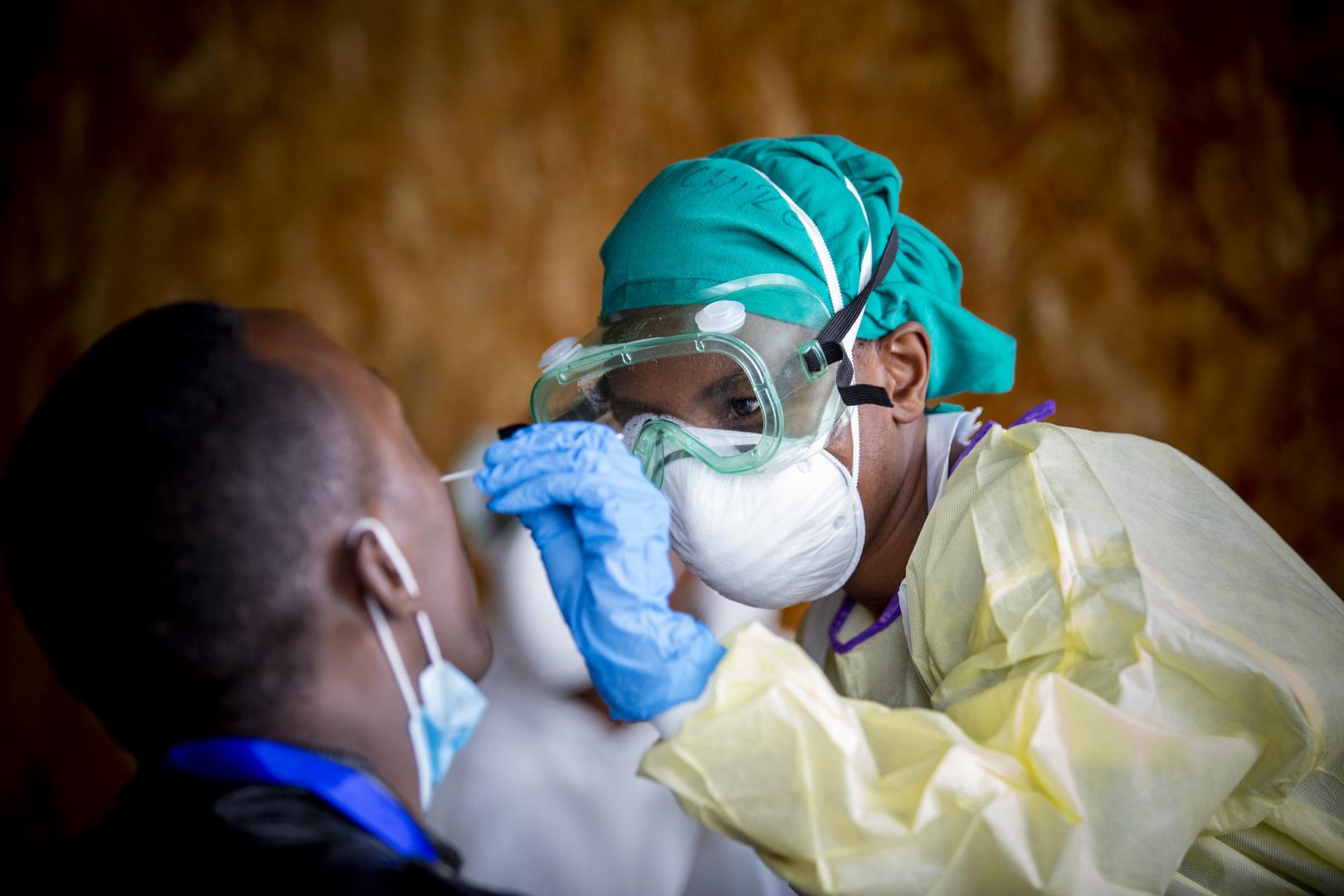
Rwanda is taking the Covid-19 pandemic very seriously. It has set strict rules to keep everyone safe. If you are planning to go to Rwanda, make sure you know the latest guidelines. This is important for both work and fun trips. Here’s an easy guide to follow:
Travel Restrictions
Rwanda has some rules to stop the virus from spreading. This includes not allowing in visitors from some places. Also, you might need to stay by yourself for a bit or show a negative Covid-19 test. Always check for the newest updates on what to do before you go.
Health and Safety Protocols
To keep everyone safe, Rwanda has put health and safety rules in place. These rules say you must wear a mask, get your temperature checked a lot, and use hand sanitizers. It’s important to follow these rules to stay healthy and have a good trip.
Testing and Vaccination Requirements

Before going to Rwanda, make sure you know about the tests and shots needed. You might have to show a recent negative test or that you are fully vaccinated. Talk to the Rwandan officials or your travel agent to be sure you have all the right paperwork.
Quarantine Measures
When you arrive in Rwanda, you might need to stay by yourself for some time. This could be at a special place or a hotel they have picked. Know what you need to do about this before you leave.
The Covid-19 rules in Rwanda can change as the situation gets better or worse. So, always look for the latest info on official websites and talk to your travel agent or embassy. This way, you can be sure of what you need to do.
Following these guidelines and being careful makes your trip to Rwanda safe for you and others.
| Key Points | Details |
|---|---|
| Travel Restrictions | Temporary bans, quarantine, testing requirements |
| Health and Safety Protocols | Wearing masks, temperature checks, hand hygiene |
| Testing and Vaccination Requirements | PCR test, vaccination proof, necessary documentation |
| Quarantine Measures | Self-isolation, government-approved hotel |
LGBTQ+ Safety in Rwanda
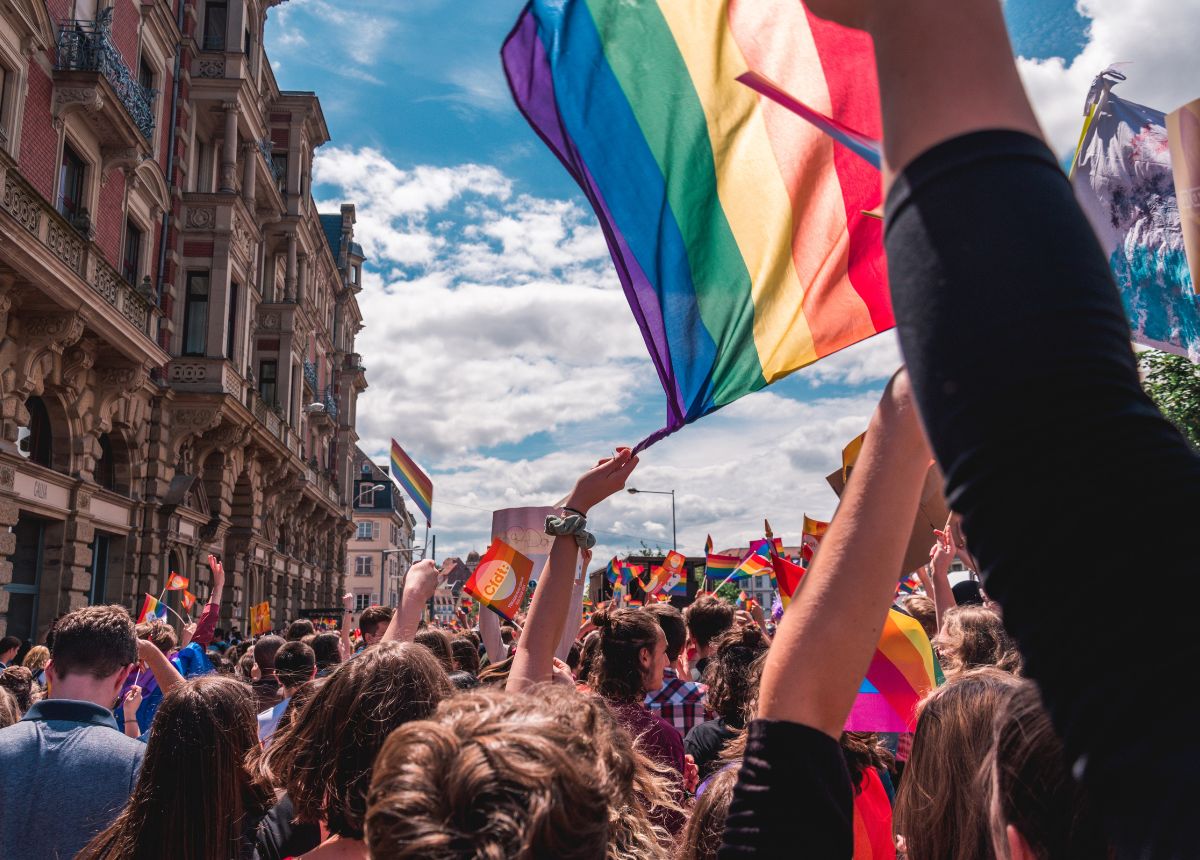
Rwanda has improved in LGBTQ+ rights more than some other African places. But, challenges still exist. It’s better than many places, but it’s wise to be careful.
Being gay is not illegal in Rwanda. Yet, showing love in public, especially for same-sex couples, might not be well-received. So, it’s smart to watch out and think about local feelings.
In Rwanda, there are groups helping LGBTQ+ people. Before going, getting in touch with these groups can really help. They can show you where it’s safe to go and where LGBTQ+ friends can meet up.
“Rwanda is better for LGBTQ+ rights, but visitors must be respectful and careful.” – LGBTQ+ Support Organization
It’s good advice for LGBTQ+ visitors to not show too much affection in public. It’s all about staying safe and showing respect for local ways.
Also, keep up with any changes in LGBTQ+ rights and safety in Rwanda. Check with travel advice and online LGBTQ+ groups for the latest info and tips.
Supportive LGBTQ+ Spaces in Rwanda
In Kigali, Rwanda’s capital, you can find places where LGBTQ+ people can meet and enjoy being themselves. You can have fun and feel welcome here, following local rules.
The “Rainbow Café” is one such spot. It’s a place where LGBTQ+ folks and their friends can gather. It’s safe and welcoming for everyone.
Staying safe as an LGBTQ+ visitor is key. It’s about knowing the local ways and being careful. By getting to know the local LGBTQ+ scene and guidelines, your stay in Rwanda can be wonderful.
Malaria Prevention in Rwanda
Malaria is common in Rwanda, especially in places with lots of mosquitoes. Travelers must be careful to avoid getting malaria. Here’s what to do to stay safe:
- Use insect repellent: Apply a mosquito repellent with DEET to keep bugs away.
- Wear protective clothing: Wear long-sleeved shirts, pants, and socks to stop mosquito bites.
- Sleep under a mosquito net: Use a net treated with insecticide to protect you while sleeping.
- Take antimalarial medications: Talk to a doctor before your trip to get the right medicine. Take it as told, even after leaving Rwanda.
Malaria mosquitoes are active at night, so be extra careful then. Also, don’t leave water standing and avoid places with many mosquitoes. This lowers your chance of getting bitten and catching malaria.
By doing these things, travelers can make their visit to Rwanda safer. They can enjoy the scenery and culture without worrying as much about malaria.
Conclusion
Exploring Rwanda can be safe and unforgettable. Just follow travel advisory tips. Know local laws and customs. Take necessary health precautions too. By doing this, you can fully enjoy Rwanda’s beauty and culture. You also make sure you stay safe.
It’s important to keep up with travel advisories and guidelines. This helps you make smart choices before and during your trip. By staying informed, you can know about any risks or changes in Rwanda’s security. This helps you adjust your plans and have a smooth journey without worries.
Rwanda is full of beauty and culture, from stunning landscapes to vibrant traditions. By respecting local customs, you can really get into the local way of life. This will help you make lasting memories of your visit.
Whether it’s the green hills, meeting gorillas, or seeing historical sites, Rwanda has a lot to offer. Put your safety first and follow the travel advisory tips. With the right precautions, your trip to Rwanda can be amazing. You’ll see and do things that will take your breath away.
FAQ
What are some key safety tips to keep in mind when traveling to Rwanda?
When you travel to Rwanda, remember some safety tips. They will make your journey safe and memorable. Here are some important tips for you:
- Respect the local laws and customs.
- Stay informed about current travel advisories and guidelines.
- Keep your belongings secure and be aware of your surroundings.
- Use reliable transportation options and avoid traveling alone at night.
- Ensure you have appropriate travel insurance coverage.
What are the travel requirements and restrictions in place for Rwanda?
Knowing the travel requirements and restrictions in Rwanda is crucial. Here are some important things to think about:
- Check if you need a visa to enter Rwanda and ensure you have the necessary documentation.
- Be aware of any entry restrictions or quarantine requirements imposed due to the Covid-19 pandemic.
- Ensure your passport is valid for at least six months from the date of entry into Rwanda.
- Follow any specific guidelines or procedures set by the Rwandan immigration authorities.
What guidelines and restrictions are in place for traveling to Rwanda during the Covid-19 pandemic?
The Covid-19 pandemic has led to guidelines and restrictions in Rwanda. Here are the key points to know:
- Travelers may be required to provide a negative Covid-19 test result taken within a certain timeframe before arrival.
- Quarantine measures may be in place for some travelers, depending on their travel history and Covid-19 risk profile.
- It is important to check for any updates or changes to the Covid-19 guidelines before traveling to Rwanda.
- Compliance with mask-wearing, social distancing, and hygiene protocols is essential.
How safe is it for LGBTQ+ individuals to travel to Rwanda?
Rwanda is more open to LGBTQ+ people than some other African countries. Despite this, staying cautious and being careful is crucial. Below are some important tips for LGBTQ+ travelers in Rwanda:
- Avoid public displays of affection, as they may attract unwanted attention or scrutiny.
- Be mindful of local attitudes and customs, and respect the privacy of others.
- Stay updated on any local laws or regulations that may affect LGBTQ+ individuals.
- Consider connecting with LGBTQ+ support organizations or communities for additional guidance and resources.
What are the key points for malaria prevention when traveling to Rwanda?
Malaria is a risk in Rwanda, so take steps to protect yourself. Here’s what you need to know for malaria prevention:
- Consult with a healthcare professional before traveling to Rwanda to discuss malaria prevention medications or vaccinations.
- Wear long-sleeved clothing and use insect repellent to minimize exposure to mosquitoes.
- Sleep in accommodations with screened windows or air conditioning, or use mosquito nets.
- Follow other recommended mosquito bite prevention measures, such as avoiding stagnant water and using mosquito coils or plug-in devices.
